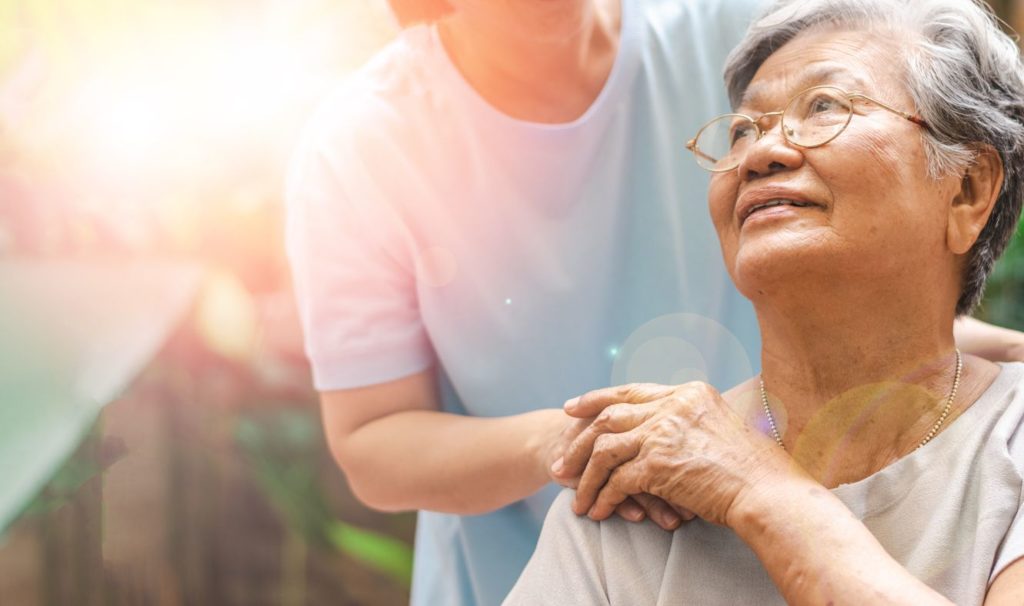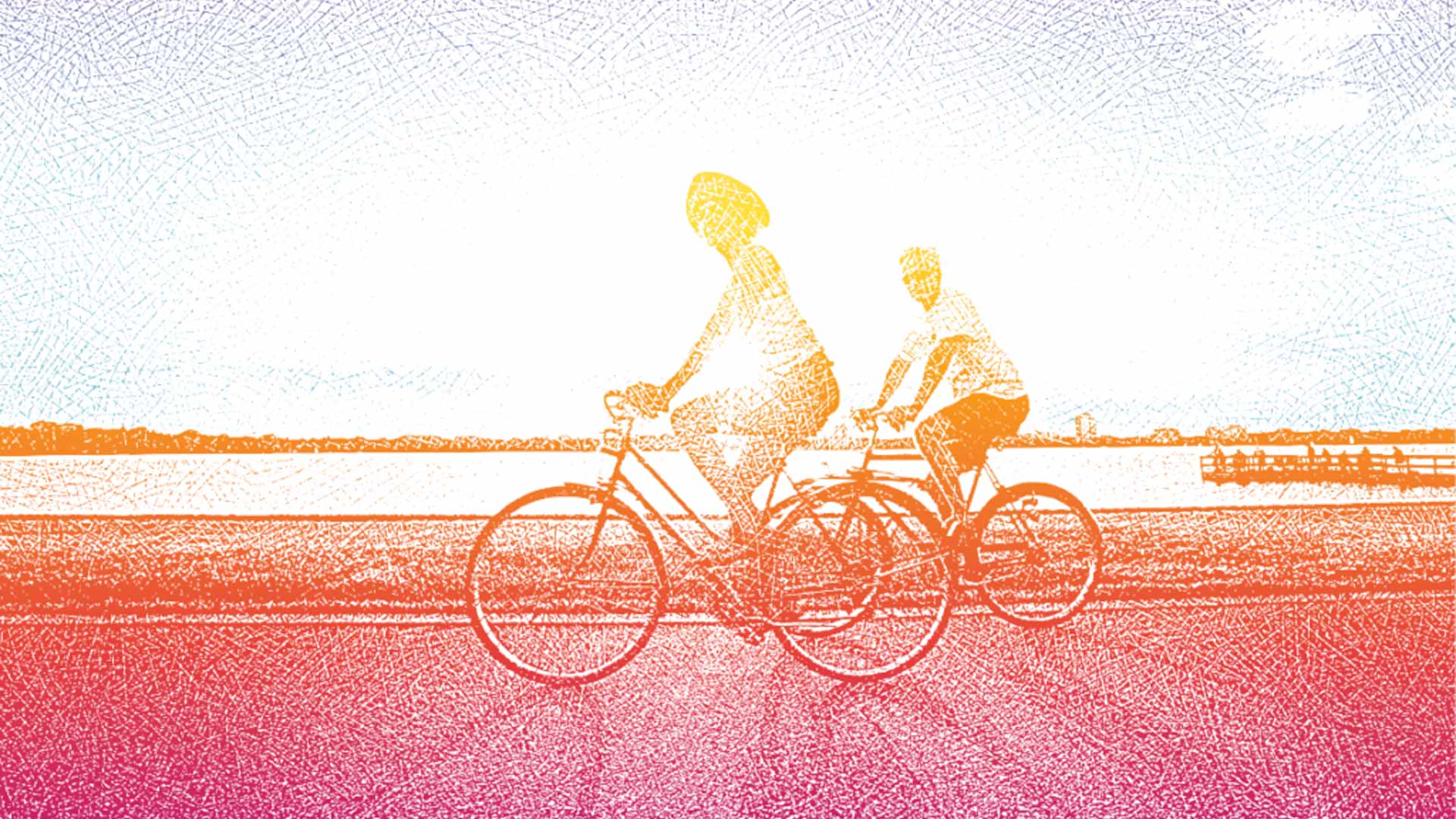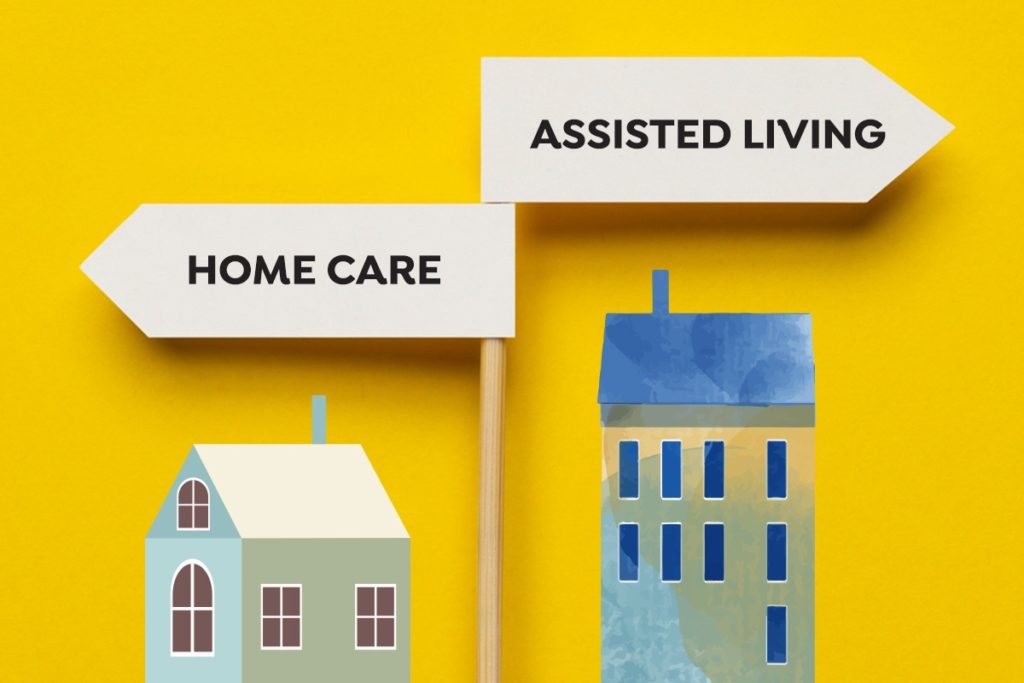
Some of the links on this page may link to our affiliates. Learn more about our ad policies.
Guide to Living a Healthy Lifestyle at an Old Age
Updated on: December 2022

Find What You Need
Why is a Healthy Lifestyle so Important, Especially in Old Age?
Today, people, in general, have a longer life expectancy. Moreover, according to research analysis led by Mini Jacob, who completed the study during her doctorate, the correlation between a healthy lifestyle and minimal years of disability is undeniable.
Jacob and her colleagues examined data collected over 25 years. The participants were people aged 65 or above and were neither institutionalized nor wheelchair dependent when the study began.
The participants were spread across 4 counties. The analysis showed that those who had the healthiest lifestyles had longer lives and also experienced fewer years of being ill compared to their unhealthy counterparts.
Doesn’t that inspire you to focus on a healthier lifestyle? The good news is that it is never too late to start living a healthy lifestyle.
According to Dr. Margaret Moore, who is an advisor for the Healthy Aging Program for the Center for Disease Surveillance and Prevention (CDC), there are a variety of ways to improve your health through a healthy diet, exercise and more, even well into old age.
What Changes Occur as We Get Older?
Even at a younger age, a lack of physical activity and regular exercise, as well as a poor diet can contribute toward high blood pressure, heart disease and heart attacks, a lack of sexual activity, and a poor health-related quality of life.
Therefore, for us to really appreciate the value of a healthy lifestyle as older adults, it is important that we acknowledge the changes that occur within us as we age. When you are aware of the changes, then they will not surprise you.
These life changes are both physical and emotional. Emotionally, we struggle with the loss of loved ones, our careers, and our independence. Physically, our bodies are not as vibrant as when we were younger.
Despite these changes, a quality and fulfilling life is still within our reach. In this article, we look at the ways to live our life during our hay days by maintaining a healthy lifestyle.
You are What You Eat
Now more than ever it is important to have healthy eating habits. However, as your age progresses some changes happen, such as a slower metabolism as well as changes in your sense of smell and taste which can affect your appetite.
You may have a hard time shopping for food and preparing it. In this case, you could reach out to a family member or your health provider. The good news is that there are programs in many communities that provide healthy food to older people.
If you are able to make your own food, it’s key that your diet is high in fiber, vegetables, fruits, whole grains, and lean protein (meat). These foods will keep you energetic while also aiding your slow digestion.
Be sure to hydrate even when you do not feel thirsty, water keeps your energy levels up while also making your skin smooth and looking young. It is important to make your food taste and look good to encourage your appetite.
Another fun thing is to eat with friends, family, or a neighbor. This way, you get to keep in touch with them and you are more encouraged to eat despite your reduced appetite.
Another benefit of eating right is that you get to maintain a healthy weight, which then decreases your risk of certain types of arthritis and diabetes. Avoid smoking—cigarettes are seriously harmful to your body.
They predispose you to lung cancer, heart disease, osteoporosis, and bronchitis. The chemicals in cigarettes also damage the skin making you look older than you actually are.
Stay as Active as Possible
A study conducted in Sweden found exercise to be the number one contributor to long life. It adds more years to your life. If you have not been exercising before, it is never too late to start.
Dr. Camel Dyer a geriatrician in Houston said that she has seen patients start the physical exercise in their 70s and reap great benefits.
Exercise has many benefits, including:
-
Prevention of memory loss (dementia).
-
Feel-good hormones known as endorphins.
-
Helps reduce chronic pain.
-
Increased muscle mass from weight training improves metabolism.
-
Improves the quality of sleep.
-
Improves flexibility, balance, and good posture.
-
Boosts your immune system.
Practicing yoga, for example, relieves discomfort caused by conditions such as arthritis and fibromyalgia. Consult your healthcare provider before you enroll in any exercise program. Start small and then build up as time goes by. Do something that you enjoy in order to keep you motivated like cycling, golfing, walking a pet, gardening, or swimming.
Exercise with a friend or a family member or join a class this way you can keep each other motivated. Yoga is also a great form of exercise. Our muscles stiffen and shorten when we do not exercise but stretching improves that. Five minutes of stretching daily can make all the difference.
Exercise Your Brain
Keep your brain active. Feeding your creativity is key, especially now that you are retired and are no longer challenged by your career. While physical exercise helps keep your brain alert other activities like word games, crossword puzzles, learning a new language, learning a new skill keep your brain strong.
Stay Positive and Stay Connected
There are many difficult challenges that come with getting older, such as losing loved ones, your independence, and your health. Despite all these things, we must stay strong and try to navigate through these challenges. Here are a few tips:
- Accept the things…that have changed in your life even though this will be difficult. Accepting and letting go of things that are out of your control will reduce your stress levels.
- Acknowledge how you feel…especially after the loss. Don’t bury your emotions; facing them is the only healthy way to work through them. Talk to a friend, a family member, or a professional. Keeping a journal can also be helpful.
- Remind Yourself…of the things that you are still grateful for such as the family and friends.
- Maintain a sense of purpose. Just because you have retired does not mean your life is without purpose. You still have a lot to contribute to the world. Now would be a great time to write your memoirs, reflecting on the experiences of your life and the lessons you have learned from them, you now have more time to spend time with your family members (nieces, grandchildren, nephews) you can take up a new hobby or focus on an old one, you could travel and see your city or your country, or you could learn a new language, sport or musical instrument. You now have time to visit the museum, go to a concert, or a play. These activities will help you maintain your sense of joy.
- Reach Out To Other People…who may be going through similar issues as yourself such as in a support group, you can also volunteer in the community, which will help you focus less on your own hardships and socialize with people, spend time with at least one person daily. Physical interactions ward off depression and are much better than texts or emails. Make new friends while your older friend may have moved away or passed on you can still make new ones and share memories with them.
How are You Sleeping?
Many adults suffer from sleep problems as they get older such as waking up severally during the night, insomnia, and daytime sleepiness. The interesting thing is that low quality sleep is caused by poor sleeping habits. Here are some tips to improve that:
- Keep artificial light to a minimum. This is because artificial light suppresses the production of the hormone responsible for causing sleepiness known as melatonin. You can do this by switching off the TV and computer an hour before you sleep and using low-wattage bulbs.
- Create a space that is conducive to sleeping. You can achieve this by investing in a good comfortable mattress and making sure your bedroom is dark, quiet and cool.
- Improve bedtime rituals. This could be a warm relaxing bath or slow music before your bedtime.
- Exercise regularly. Regular exercise especially a few hours before bedtime promotes better sleep.
Prevention is Better than Cure
There are several precautionary measures you can take to improve the quality of your life. These include:
Pay attention to your body and alert your health care provider immediately if something feels off. For instance, if you start to feel dizzy or unsteady it’s important to follow up on this with your doctor to avoid a fall. According to the Center for Disease Control and Prevention (CDC), falls were listed as the first cause of death related injury among seniors.
Pay attention to your body and alert your health care provider immediately if something feels off. For instance, if you start to feel dizzy or unsteady it’s important to follow up on this with your doctor to avoid a fall. According to the Center for Disease Control and Prevention (CDC), falls were listed as the first cause of death related injury among seniors.
Keep your home safe by making sure that all the rooms are well lit, moving furniture that can be an obstruction, checking to see that the electrical and gas appliances are safe and up to date, looking out for wiring that’s loose or rugs or carpets that would cause a fall. It is also advisable to ensure that your home is properly insulated.
Sources
- http://onlinelibrary.wiley.com/doi/10.1111/jgs.14314/full
- https://www.livescience.com/35863-grow-old-gracefully-tips.html
- http://www.medic8.com/healthguide/elderly-care/healthy-lifestyle.html
- http://www.healthcommunities.com/healthy-aging/healthy-living-tips-30s.shtml
- https://www.webmd.com/fitness-exercise/news/20120830/healthy-living-old-age-can-add-up-to_6-years#1




